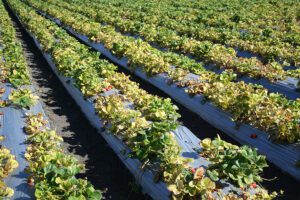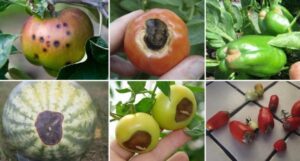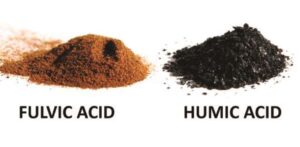What are the saline, sodic and saline-sodic soils?

There is a growing need in the world to produce more food for the growing population; this, of course, is not an easy task since we are facing a trend of scarcity of natural resources available to carry out this work, from lack of water, pollution, climate change, the frequent scourge of pests and diseases …
 AgronoBlog – Agriculture Blog
AgronoBlog – Agriculture Blog 





